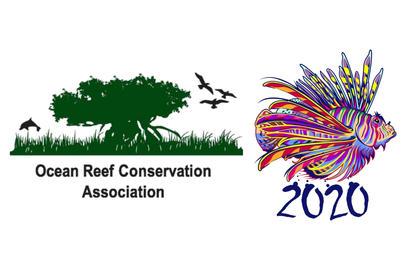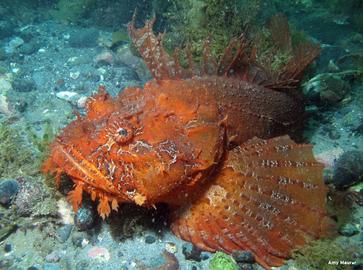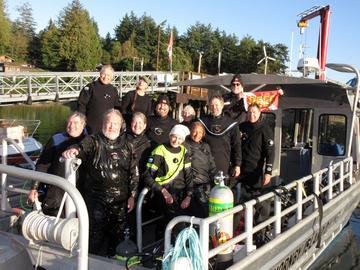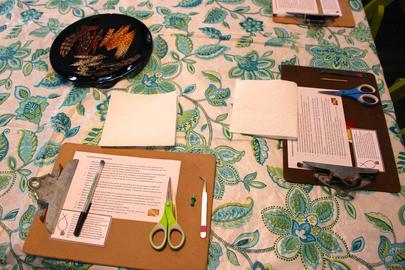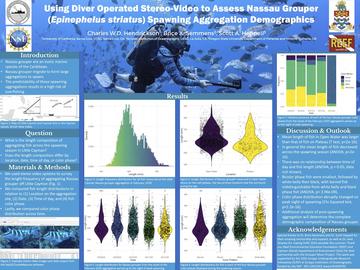REEF’s 2020 Upper Keys Lionfish Derby is sponsored by Ocean Reef Conservation Association (ORCA), a non-profit dedicated to protecting and preserving the environment, fish, wildlife, and marine related areas including water quality and habitat. Since 2009, ORCA has supported the efforts of several non-profits including Bonefish and Tarpon Trust, The Everglades Foundation, Audubon of Florida, Coral Restoration Foundation, Coastal Conservation Association and more. Education is an important part of ORCA's mission.
Meet our September Fish of the Month, the Sea Raven (Hemitripterus americanus)!
This month REEF is proud to highlight SeaDoc Society, one of our outstanding Conservation Partners. REEF Conservation Partners are active organization and dive shops committed to protecting marine environments worldwide. As valued REEF ambassadors, they serve as centers for marine conservation actions, outreach, and education. You can view the full listing of Conservation Partners or register your organization as a REEF Conservation Partner here.
We recently welcomed our Fall 2020 Marine Conservation Interns to the REEF Campus! During the next four months, they will support the REEF team by assisting with our marine conservation programs and non-profit operations. This semester’s interns bring a unique set of skills and interests to REEF. They include:
A fish as beautiful as it is destructive; invasive lionfish have had dramatic impacts on marine ecosystems due to their high reproductive rate and voracious appetites. These visually stunning fish have characteristic red and white stripes and long, fanlike spines and fins.
Since the organization's earliest days, a key aspect of REEF's success has been strategic partnerships with academia, government agencies, and other non-profits. REEF has a long history of collaboration with the scientific community, starting in the early 1990s when REEF's founders worked with researchers from University of Miami, NOAA, and The Nature Conservancy to determine the best protocols for the Volunteer Fish Survey Project. There are currently four students from Scripps Institution of Oceanography at UC San Diego who are working with REEF on various data projects.

